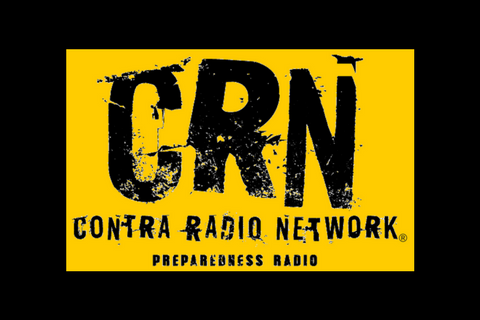Author: James Burnette
Mental Resilience in a Collapse | Episode 366
When disaster strikes, survival isn’t just about having the right gear—it’s about having the right mindset. Mental resilience is what separates those who endure from those who break under pressure. In a long-term collapse, stress, fear, and uncertainty will be constant. How you handle them will determine whether you thrive or fall apart.
"Mental Resilience in a Collapse | Episode 366."
Self-Sufficiency vs. Self-Reliance | Episode 365
When it comes to preparedness, two terms often get used interchangeably: self-sufficiency and self-reliance. While they may seem similar, they represent very different mindsets and approaches to survival. In this episode of the Survivalpunk Podcast, we’re breaking down the differences, why they matter, and how to strike the right balance between the two.
"Self-Sufficiency vs. Self-Reliance | Episode 365."
10 Prepper Myths That Need to Die | Episode 364
When it comes to prepping, there are plenty of misconceptions floating around. Some of these myths are outdated, others are dangerous, and a few are just plain ridiculous. In this episode of the Survivalpunk Podcast, we’re breaking down 10 prepper myths that need to die so you can focus on real, effective preparedness.
"10 Prepper Myths That Need to Die | Episode 364."
Prepping Challenges & Experiments | Episode 363
When it comes to preparedness, there’s a big difference between theory and practice. Many preppers stockpile supplies, make plans, and study survival tactics—but how many actually put their preps to the test? In this episode of the Survivalpunk Podcast, we’re diving into prepping challenges and experiments that help you identify weaknesses, build confidence, and have a little fun while testing your survival skills.
"Prepping Challenges & Experiments | Episode 363."
The Most Overrated & Underrated Prepper Gear | Episode 362
Prepping is all about making smart choices, but some gear gets way more hype than it deserves while other essentials fly under the radar. In this episode of the Survivalpunk Podcast, we break down the most overrated and underrated prepper gear so you can focus on what actually works when it matters most.
"The Most Overrated & Underrated Prepper Gear | Episode 362"














Follow Us!